Plants or Crops
All Plants or Crops Content
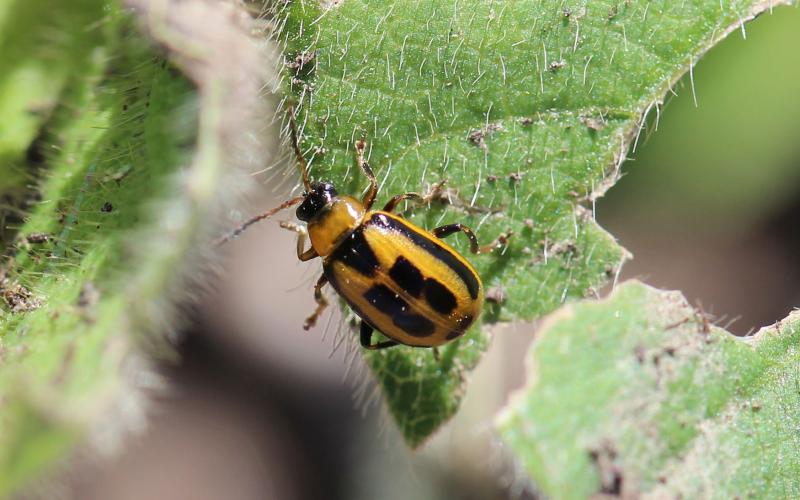
2019 South Dakota Overwintering Bean Leaf Beetle Predicted Mortality
Overwintering bean leaf beetle adults will soon start emerging as they do each spring. This overwintering generation is capable of causing serious defoliation injury to seedling soybean plants.
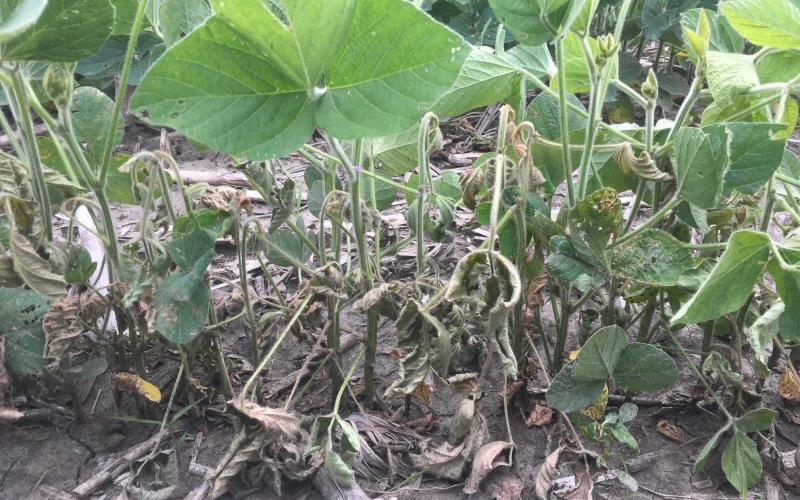
Soybean Gall Midge Larvae Found in South Dakota
Although we have yet to capture any adult soybean gall midges, the reports and observations of soybean gall midge larvae in soybean are pouring in this week. In Clay and Union counties, infested soybeans are now showing signs, with plants beginning to wilt and die in some cases.
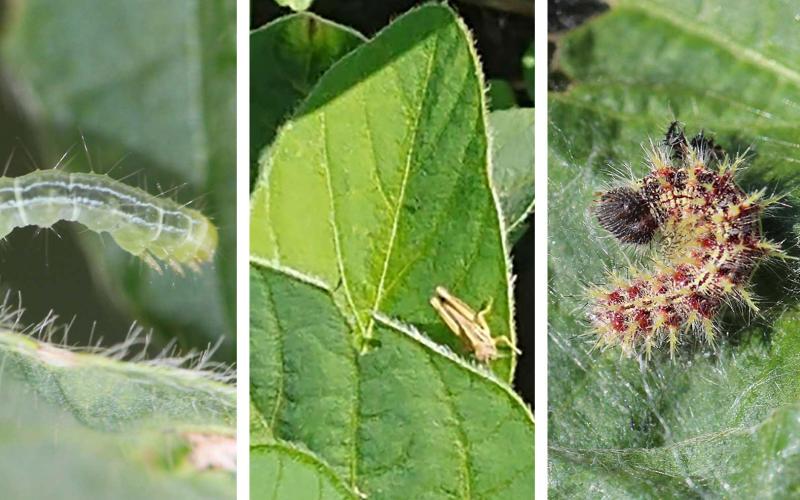
Monitor Soybean for Defoliating Insects
While scouting soybean this week I noticed quite a few defoliating insects that were present in the field. So far, the feeding injury is minimal, but it is a reminder that we need to be diligent in monitoring leaves for defoliation and fields for these insect pests.
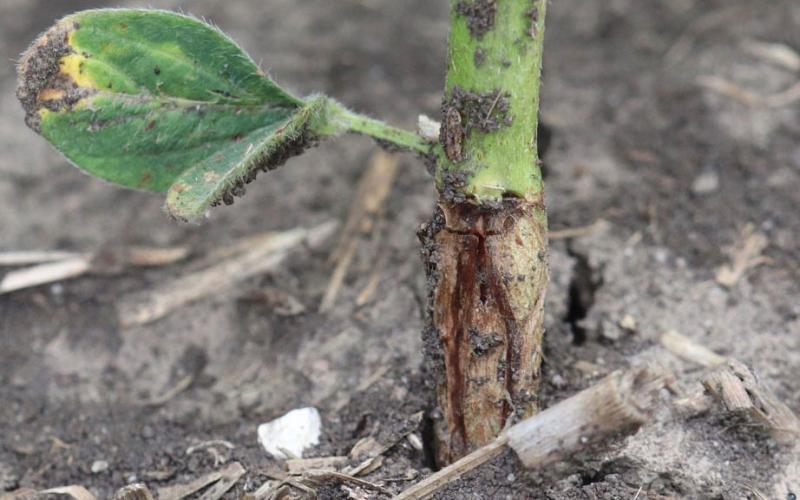
How to Scout For Soybean Gall Midge
Soybean gall midge have been reported in three counties in South Dakota in the past week: Clay, Union and Lincoln. Scouting for soybean gall midge can be as simple as finding wilting or dying plants along the edge of the field, or it can be rather difficult if the plants are currently asymptomatic.
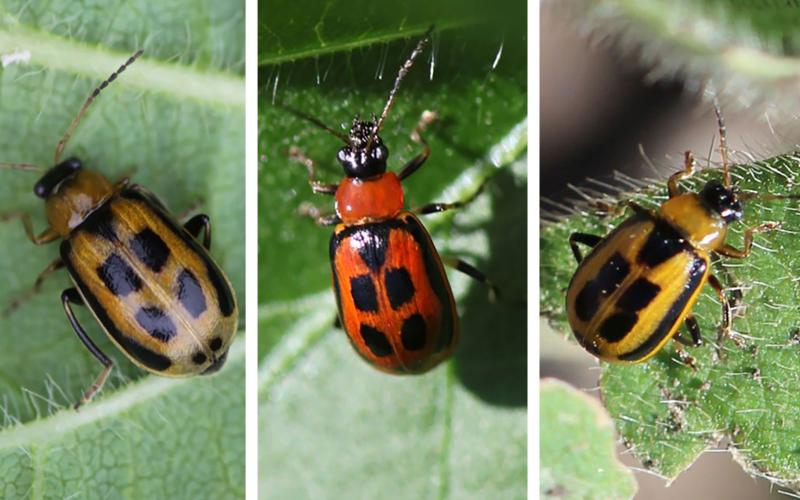
Bean Leaf Beetles Are Back: Adults Observed Near Beresford
Earlier this year, we observed a large emergence of overwintering bean leaf beetles throughout much of the state. We are again observing quite a few bean leaf beetles beginning to emerge. These emerging beetles are the result of overwintering beetles mating and laying eggs.
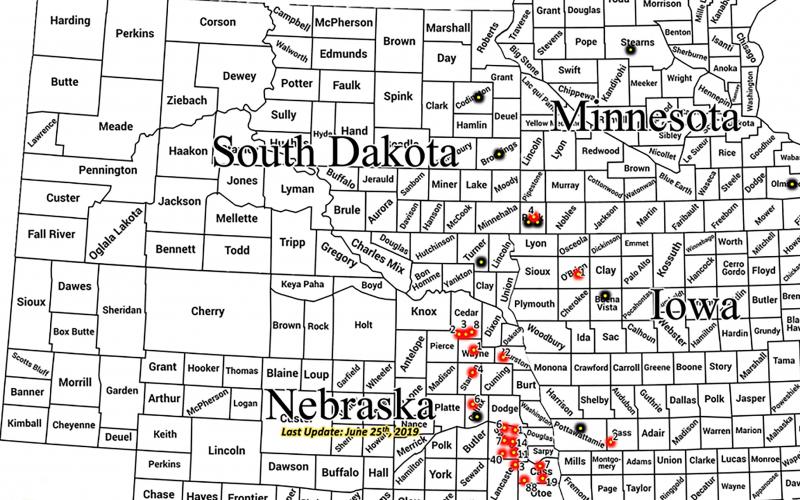
Soybean Gall Midge Are Emerging Around Us, But No Captures in S.D.
Last year, the soybean gall midge caused a lot of issues in soybean, including lodging and up to 50% yield loss. In an effort to determine when soybean gall midge adults are emerging in 2019, a network of emergence traps has been established in South Dakota, Nebraska, Iowa and Minnesota. So far, emergence of the adult soybean gall midge have been reported from Iowa, Nebraska and Minnesota.
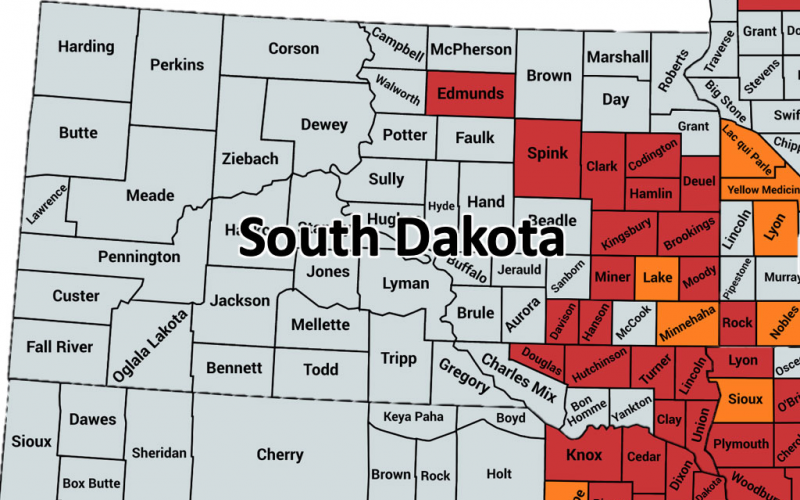
Soybean Gall Midge Showing Up in More Counties
As the season continues, so is our soybean gall midge scouting efforts. For much of South Dakota, the soybean that are infested with soybean gall midge are asymptomatic. That is, they show limited signs of infestation, but we can still find the larvae of the soybean gall midge in the stems.
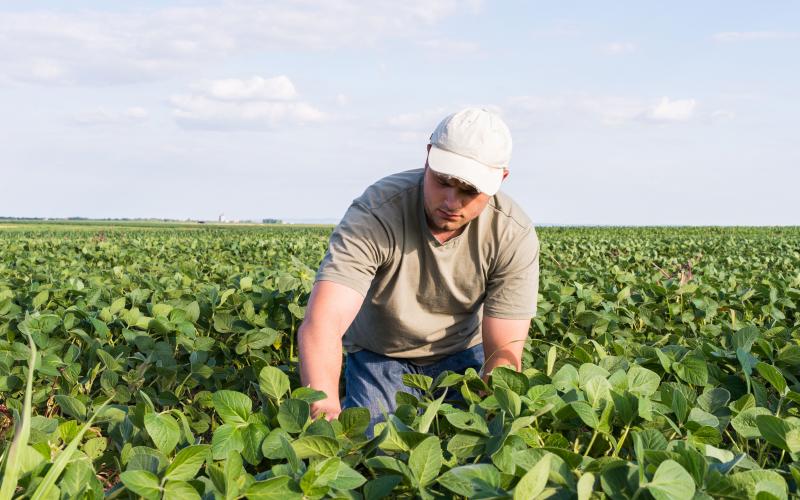
Should I Spray for Soybean Aphids? What’s the Threshold?
Although many soybean fields are behind schedule, so are the soybean aphid populations. In many reported areas, there are hotspots within a field where a few soybean plants may be heavily infested.

2020 South Dakota Overwintering Bean Leaf Beetle Predicted Mortality
Although bean leaf beetles won’t be emerging for a while yet, it is important to be prepared for potential early season defoliation. Once soybean are planted and begin emerging, the overwintering population of bean leaf beetle adults will move into soybean fields and begin feeding on the seedlings.
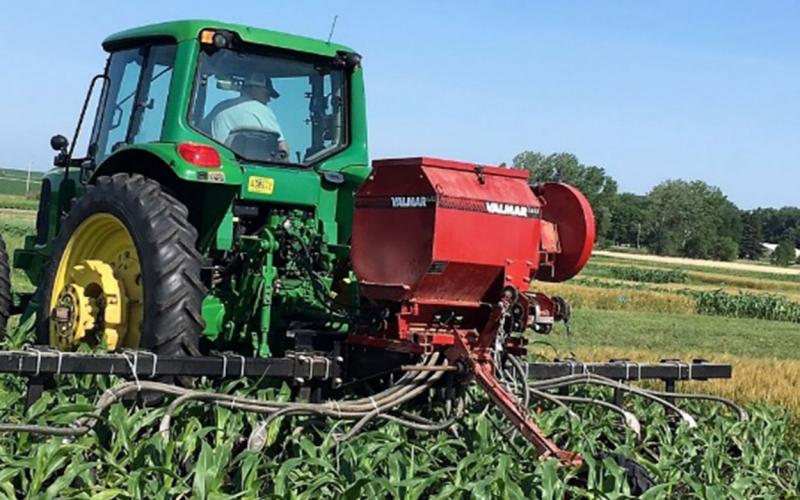
Interseeding Cover Crops Effect on Corn and Soybean Production: 2019
Incorporating cover crops into our cropping systems and moving from conventional tillage to no-till can improve soil organic matter, soil structure, and water and nutrient holding capacity of our soils.